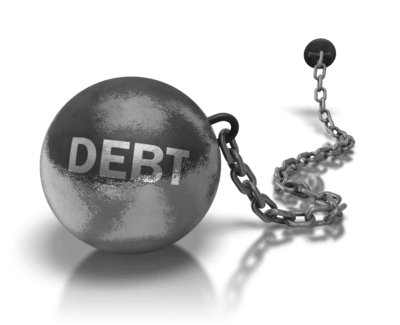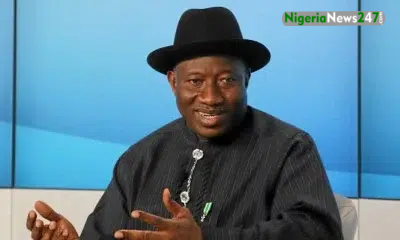NIGERIA NEWS
Nigeria Descends Deeper into Debt Crisis

Nigeria is deepening its debt crisis, with the debt-to-GDP ratio surpassing 50% for the first time since 1991 under the Bola Tinubu administration. Starting from a 38% ratio, the increase to 52.9% is attributed to fresh borrowings, securitisation of Ways and Means advances, fiscal challenges like low crude output, and sluggish GDP growth.
This exceeds the IMF’s recommended 40% ceiling for developing countries, raising concerns about debt sustainability as 30% of the 2024 budget is allocated to debt servicing. The Debt Management Office reports a public debt of N121 trillion, split into N65.6 trillion domestic and N56 trillion foreign debts.
Previously, Nigeria prided itself on a lower debt-to-GDP ratio compared to peers like Ghana (84.9%), South Africa (72.2%), Kenya (70.1%), and Egypt (95.8%). However, escalating debt service obligations, including N7.8 trillion in 2023 (a 121% increase from 2022), may strain future borrowing capacity, credit ratings, and borrowing costs.
The Olusegun Obasanjo administration’s 2005 debt deal briefly alleviated debt burdens, but under President Muhammadu Buhari, public debt surged from N12.6 trillion in 2015 to N97.3 trillion by 2023, with a N24.3 trillion increase from December 2023 to March 2024 alone.
Despite the debt surge, infrastructure, health, education, and power sectors show minimal improvement. The benefits of borrowing seem to accrue mainly to political elites, not citizens.
This debt trap signals parliamentary oversight failures, with the National Assembly criticized for enabling fiscal irresponsibility. Greater fiscal prudence, crackdowns on fiscal leakages, and accountable financial management are crucial. Minister of Finance Wale Edun must take decisive action to ensure sustainable debt management.




















You must be logged in to post a comment Login